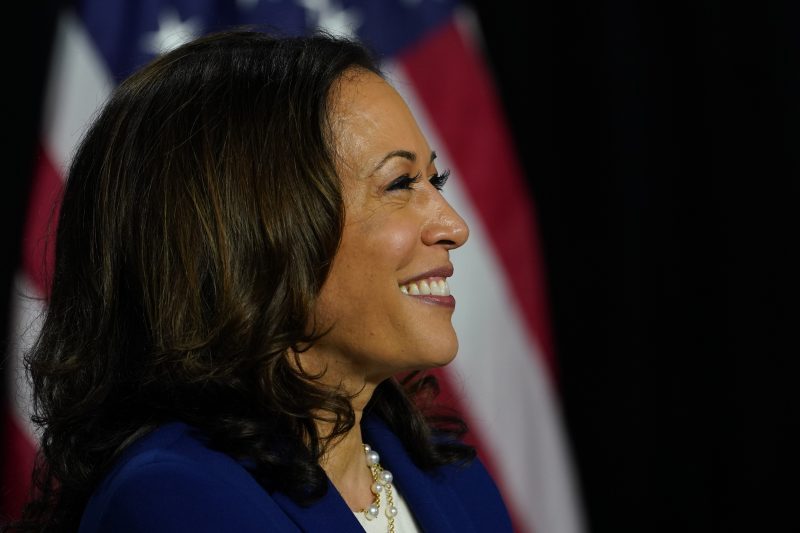How Busing and School Desegregation Helped Shape Kamala Harris’s Perspective on Race
Background on Kamala Harris
Kamala Harris, the first female vice president of the United States, has a diverse background that greatly influenced her views on race and equality. Growing up in the 1970s and 1980s, Harris experienced firsthand the impact of school desegregation and busing policies on minority communities. These experiences played a pivotal role in shaping her commitment to fighting for racial justice and equality throughout her career.
The Impact of Busing on School Desegregation
The use of busing as a tool for desegregating public schools was a controversial issue in the 1970s and 1980s. The policy involved transporting students from predominantly minority neighborhoods to schools in predominantly white neighborhoods, and vice versa, in order to achieve a more balanced racial demographic in schools. While the intent of busing was to promote integration and combat segregation, it sparked vigorous debates and protests among parents and communities.
For Kamala Harris, the implementation of busing had a personal significance. As a young student, Harris was among the children who were bused to schools outside of their neighborhoods to promote racial integration. This experience exposed her to both the challenges and benefits of desegregation efforts. Harris witnessed firsthand the disparities in resources and opportunities between schools in predominantly white areas versus schools in minority communities. These disparities fueled her commitment to addressing systemic inequalities and advocating for comprehensive education reforms.
Kamala Harris’s Advocacy for Racial Equality
The experiences of busing and school desegregation left a lasting impact on Kamala Harris, shaping her perspective on race and equity. Throughout her career as a prosecutor, attorney general, and senator, Harris has been a strong advocate for racial equality and social justice. She has championed policies aimed at addressing systemic racism, reforming the criminal justice system, and expanding access to quality education for all students.
Harris’s commitment to racial justice was evident during her time as a senator when she co-sponsored legislation to combat police brutality and racial profiling. She also played a key role in advocating for reforms to the bail system to reduce inequalities in the criminal justice system. Additionally, Harris has been a vocal supporter of affirmative action programs and initiatives to promote diversity and inclusion in education and employment.
Conclusion
Kamala Harris’s experiences with busing and school desegregation have played a crucial role in shaping her views on race, equality, and social justice. Her firsthand experiences with desegregation efforts have fueled her commitment to fighting systemic racism and advocating for policies that promote equity and inclusion. As the first female vice president of the United States, Harris continues to be a powerful voice for racial justice and equality, working towards a more just and inclusive society for all.
